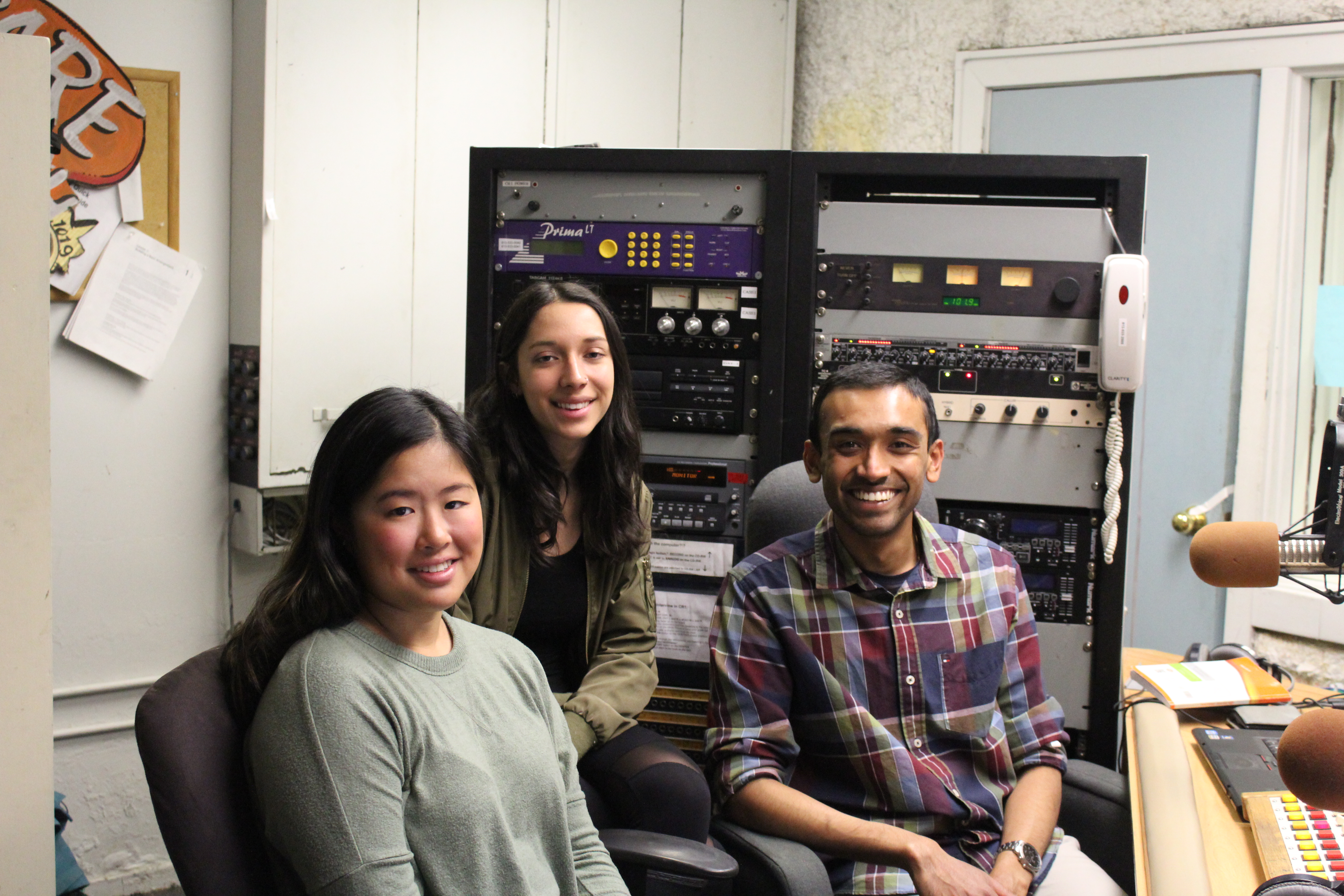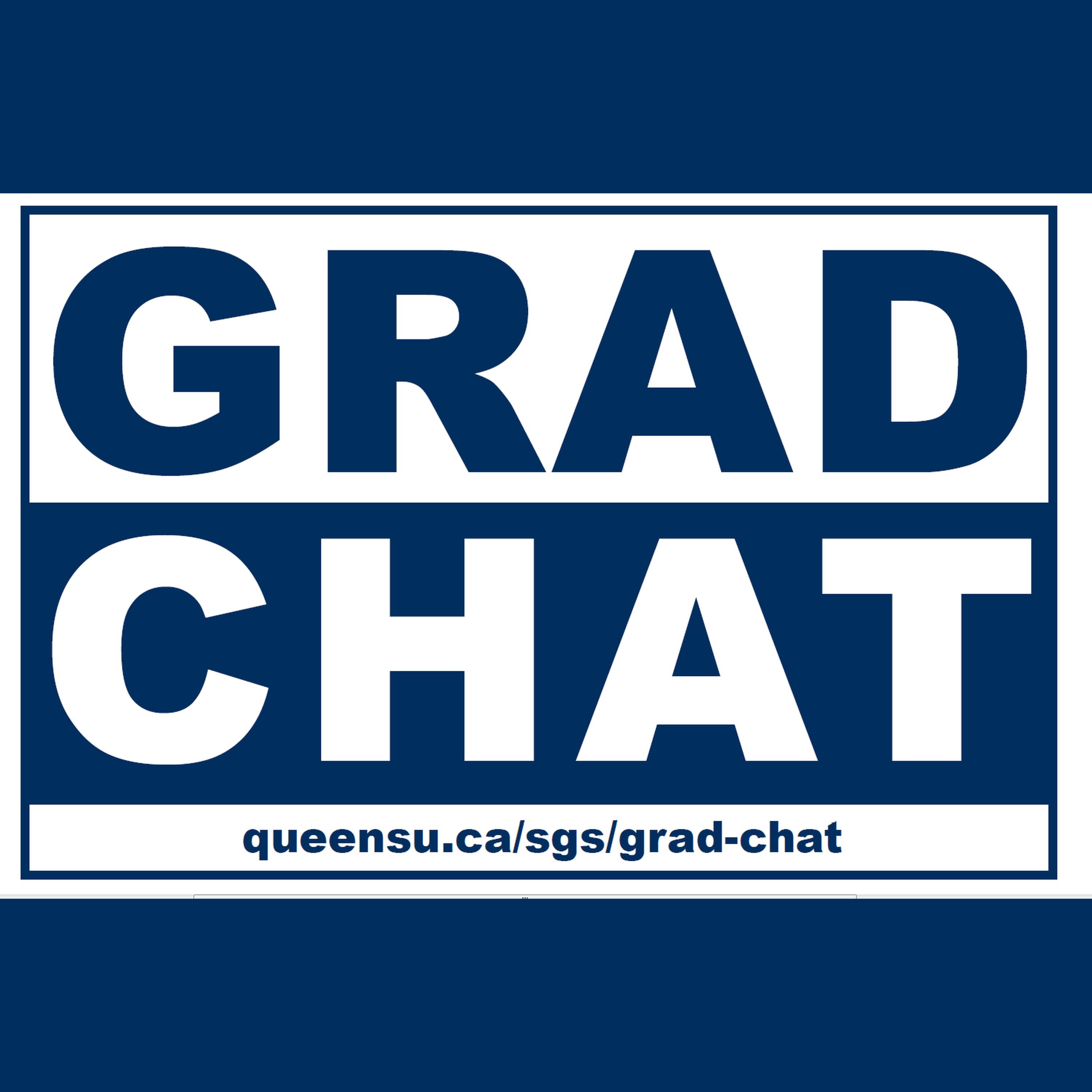In Ghana, education has been considered the potential driver to achieving sustainable development and reducing systemic inequalities (Ghana Education Service, 2019). Equitable access to inclusive education is inextricably connected to all the United Nations’ 17 Sustainable Development Goals (UNESCO, 2020). For several decades, there have been attempts by the government to transform Ghana’s educational system. Nonetheless, key evidence from the Ministry of Education (2018) indicates that, although primary school learners stay in schools between 4 and 7 hours every day for six years, most learners are not achieving the minimum proficiency in basic numeracy and scientific inquiry.
For upcoming interviews check out the Grad Chat webpage on Queen’s University School of Graduate Studies & Postdoctoral Affairs website – https://www.queensu.ca/grad-postdoc/research/share/grad-chat

Greg Robson , MSc student in Geography, supervised by Dr Paul Treitz and Dr Scott Lamoureux. Research topic – Risk assessment of permafrost disturbances...

Topic: Working remotely Overview: Tips on how to continue to move forward with your research, keep positive and look after yourself, family and friends.

Alyssa studies the indirect victims of workplace safety incidents, from family members to leaders at work. Her goal is to gain an understanding of...